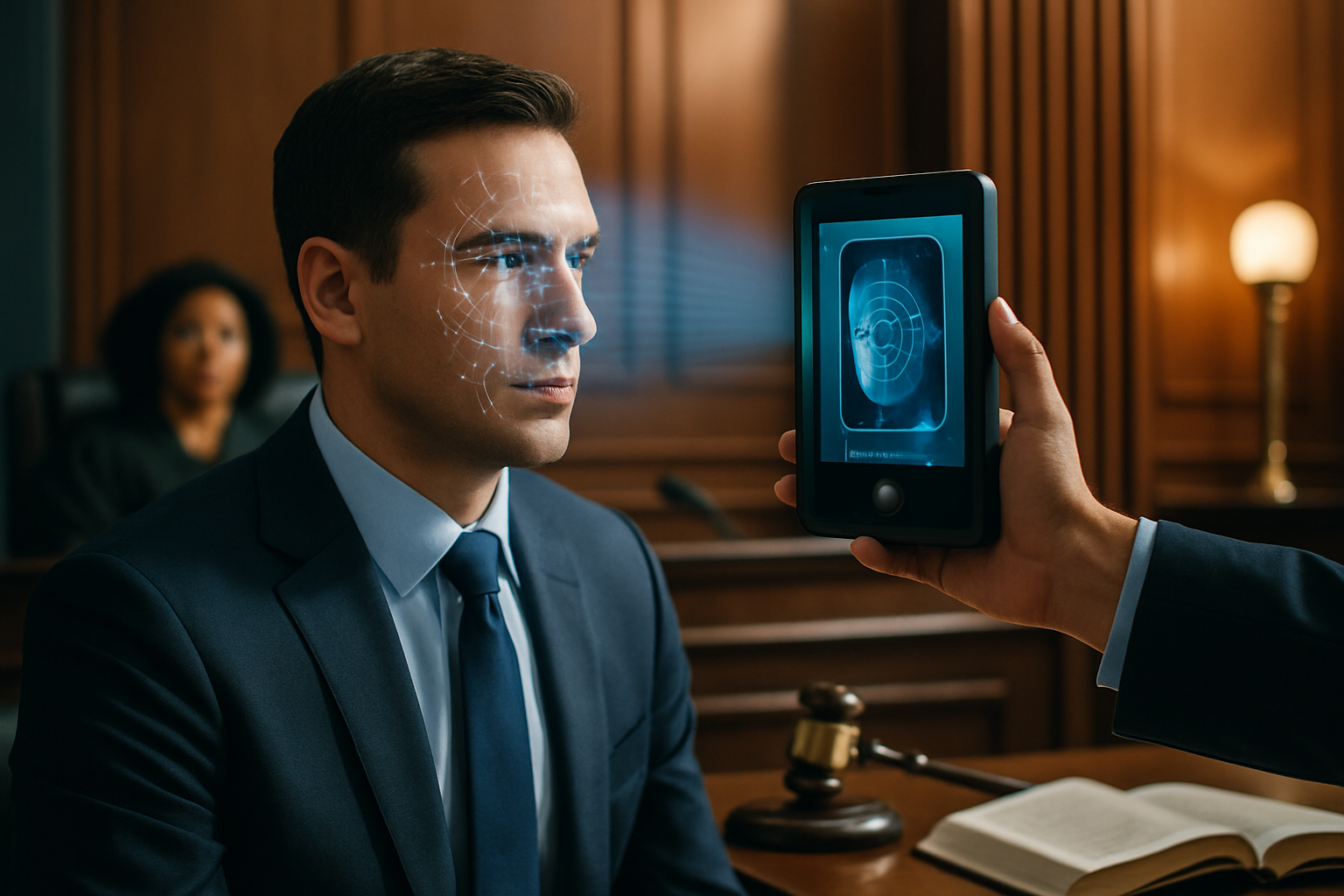Legal Implications of Biometric Data in the Workplace
Introduction: In an era of advancing technology, the use of biometric data in the workplace is becoming increasingly prevalent. This article explores the complex legal landscape surrounding employee biometrics, examining the benefits, risks, and emerging regulations that shape this contentious area of employment law.

Historical Context and Legal Framework
The use of biometrics in employment is a relatively recent phenomenon, but its legal implications draw from established principles of privacy and labor law. Historically, employee privacy rights in the United States have been limited, with employers given broad latitude in monitoring and data collection. However, the unique nature of biometric data – being immutable and deeply personal – has prompted a reconsideration of these boundaries.
Current Legislative Landscape
Several states have enacted specific laws addressing the collection and use of biometric data in the workplace. Illinois led the charge with its Biometric Information Privacy Act (BIPA) in 2008, followed by Texas, Washington, and others. These laws typically require employers to obtain informed consent before collecting biometric data, implement security measures to protect the information, and establish guidelines for data retention and destruction.
Federal Considerations and Potential Regulation
While no comprehensive federal law currently governs biometric data in employment, several existing statutes may apply. The Americans with Disabilities Act (ADA) could be invoked if biometric data collection reveals protected health information. Similarly, the Genetic Information Nondiscrimination Act (GINA) may be relevant if genetic data is involved. There is growing pressure for federal legislation to address the specific challenges posed by biometric data collection in the workplace.
Legal Challenges and Court Rulings
Recent years have seen a surge in litigation related to workplace biometrics. In Illinois, class action lawsuits under BIPA have resulted in significant settlements, with employees alleging violations of consent and data protection requirements. These cases have set important precedents, clarifying the scope of biometric privacy laws and the potential liabilities for employers who fail to comply.
Balancing Employer Interests and Employee Rights
The legal debate surrounding workplace biometrics centers on balancing legitimate business interests with employee privacy rights. Employers argue that biometric systems enhance security, improve efficiency, and reduce fraud. Employees and privacy advocates, however, raise concerns about the potential for data breaches, discrimination, and the erosion of workplace privacy. Courts and legislators are grappling with how to strike an appropriate balance between these competing interests.
International Perspectives and Global Implications
The treatment of biometric data in the workplace varies significantly across jurisdictions. The European Union’s General Data Protection Regulation (GDPR) classifies biometric data as sensitive personal information, subjecting it to stringent protections. Many other countries are developing their own approaches, creating a complex landscape for multinational corporations to navigate. As global commerce continues to expand, harmonizing these diverse legal frameworks presents a significant challenge.
Future Trends and Emerging Legal Issues
As biometric technology evolves, new legal questions are emerging. The potential use of AI-powered emotion recognition in the workplace, for instance, raises novel privacy and discrimination concerns. Additionally, the increasing use of remote work technologies that incorporate biometric monitoring is blurring the lines between professional and personal spaces, potentially expanding the scope of employer data collection.
Conclusion
The legal landscape surrounding biometric data in the workplace is rapidly evolving, reflecting the tension between technological innovation and individual privacy rights. As courts and legislators continue to grapple with these issues, employers must stay informed and proactive in their approach to biometric data collection and use. The coming years will likely see further refinement of legal standards, shaping the future of workplace privacy in the digital age.






